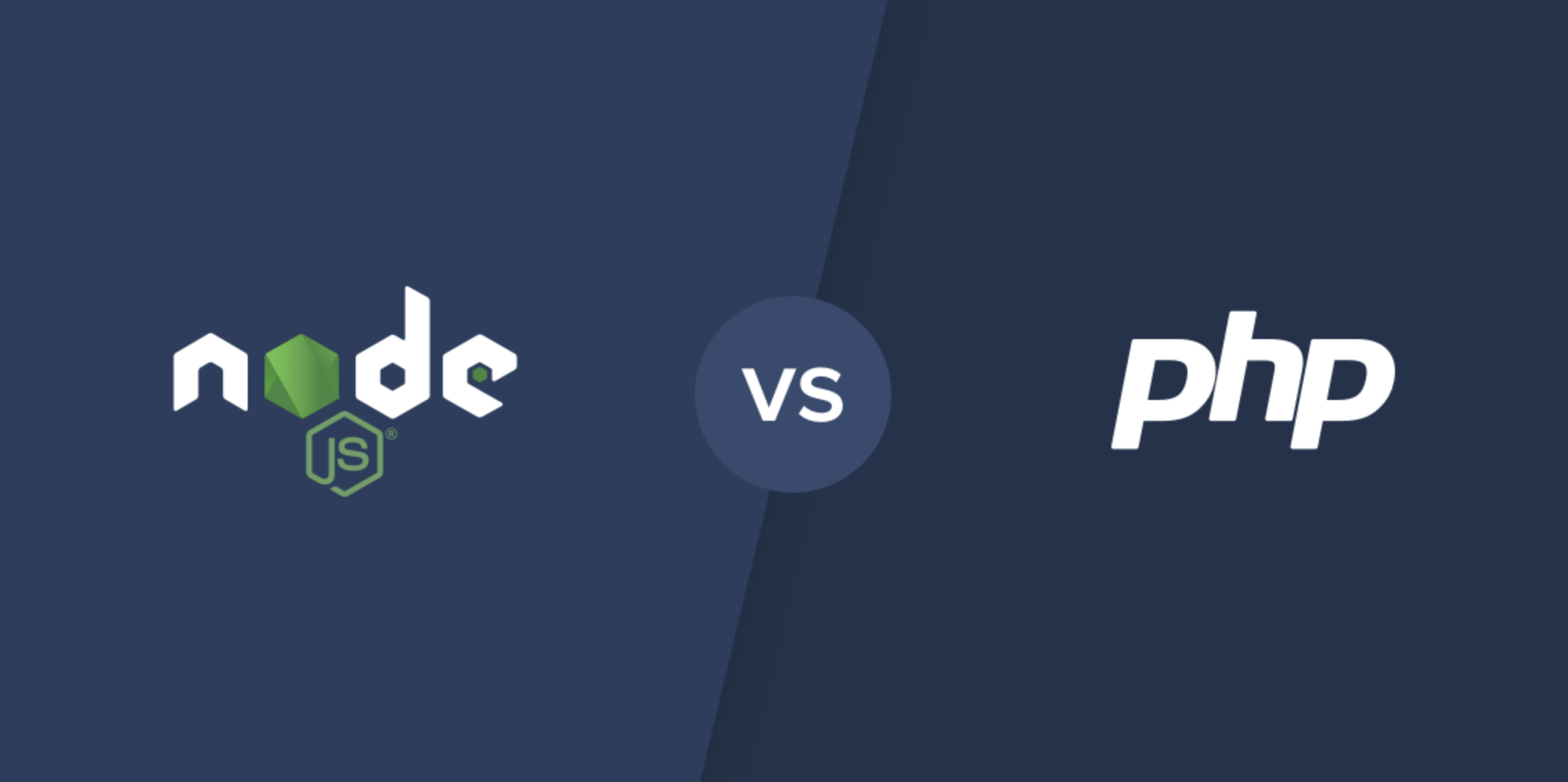Table of Contents
What is NodeJS?
NodeJS is an open-source, cross-platform, JavaScript runtime environment that allows developers to build fast, scalable and efficient network applications. It uses an event-driven, non-blocking I/O model, which makes it lightweight and efficient for real-time applications and APIs. NodeJS is built on the V8 JavaScript engine, which is used by Google Chrome, and provides a set of built-in modules and packages that make it easy to build server-side applications using JavaScript. With its growing popularity and large community of developers, NodeJS has become one of the most widely used platforms for building web applications, APIs, microservices, and other server-side applications.
What is PHP?
PHP (Hypertext Preprocessor) is a popular open-source, server-side scripting language that is used to build dynamic web applications and websites. It is a powerful language that can interact with databases, generate dynamic content, handle form data, and perform various server-side tasks. PHP is designed to be easy to learn and use, with a syntax that is similar to C and Java. It is also platform-independent, which means it can run on a wide range of operating systems, including Windows, Linux, and macOS. PHP is widely used by developers around the world, and it has a large community of developers who contribute to its development, as well as creating numerous libraries, frameworks, and tools to simplify the process of building web applications and websites.
NodeJS vs PHP – A Comparison
| NodeJS | PHP | |
|---|---|---|
| Language | JavaScript | PHP |
| Backend | Yes | Yes |
| Frontend | Yes (with frameworks like React, Vue, Angular) | No |
| I/O Model | Non-blocking, event-driven | Blocking, synchronous |
| Speed | Fast | Slower compared to NodeJS |
| Scalability | Highly scalable with horizontal scaling | Scalable with vertical scaling |
| Performance | Good for real-time applications and APIs | Good for web applications and server-side scripting |
| Community | Large and growing | Large and well-established |
| Learning Curve | Steeper for beginners, as it requires knowledge of JavaScript | Easier for beginners, as it has simpler syntax and fewer concepts to learn |
Note: The above comparison is based on general attributes of NodeJS and PHP, and may vary depending on specific use cases and applications.
A comparison of Security of NodeJS and PHP
Both NodeJS and PHP are secure, but the level of security depends on how they are implemented and the code written by the developers. Both platforms have security vulnerabilities that can be exploited by attackers, such as SQL injection, cross-site scripting, and cross-site request forgery.
In terms of security, NodeJS has the advantage of using the same language for both server-side and client-side development, which can reduce the risk of certain vulnerabilities, such as cross-site scripting. NodeJS also has a built-in module called ‘crypto’ that provides strong encryption and decryption capabilities, making it easier to implement secure communication protocols.
On the other hand, PHP has been around for a longer time and has a well-established security framework with built-in security features like cross-site request forgery protection, input validation, and output filtering. It also has many third-party security libraries and frameworks available, such as the widely used ‘PHP Security Consortium’.
Ultimately, the security of a NodeJS or PHP application depends on the developer’s knowledge and skill in writing secure code and the implementation of best security practices.
Application of Node JS
NodeJS is a popular runtime environment that allows developers to build fast and scalable network applications. The scope of NodeJS is wide-ranging and includes the following:
Web Development
NodeJS is commonly used for building web applications and APIs due to its ability to handle a large number of connections and requests.
Real-time Applications
NodeJS is a popular choice for building real-time applications, such as chat apps and multiplayer games, due to its event-driven architecture.
Internet of Things (IoT)
With its lightweight and efficient runtime, NodeJS is an ideal choice for building IoT applications that require low-latency and real-time data processing.
Data Streaming
NodeJS can be used for building data streaming applications, such as audio and video streaming, due to its ability to handle large amounts of data and simultaneous connections.
Microservices
NodeJS is a good fit for building microservices, as it allows developers to break down a large application into smaller, more manageable services that can be developed and deployed independently.
Overall, NodeJS has a wide range of applications and is a popular choice for building fast, scalable, and efficient network applications.
Application of PHP
PHP is a popular programming language used for web development. The scope of PHP includes the following:
Server-side web development
PHP is most commonly used for server-side web development, where it is used to generate dynamic web pages and process user input.
Content Management Systems (CMS)
Many popular content management systems, such as WordPress, Drupal, and Joomla, are built using PHP.
E-commerce websites
PHP is often used to build e-commerce websites, where it can handle payment processing, shopping cart functionality, and inventory management.
Web Applications
PHP is a popular choice for building web applications due to its ability to handle complex logic and interact with databases.
Command-Line Scripting
PHP can also be used for command-line scripting and system administration tasks, such as automating server tasks and generating reports.
Overall, PHP has a wide range of applications in web development and is a popular choice for building dynamic and interactive web applications.

